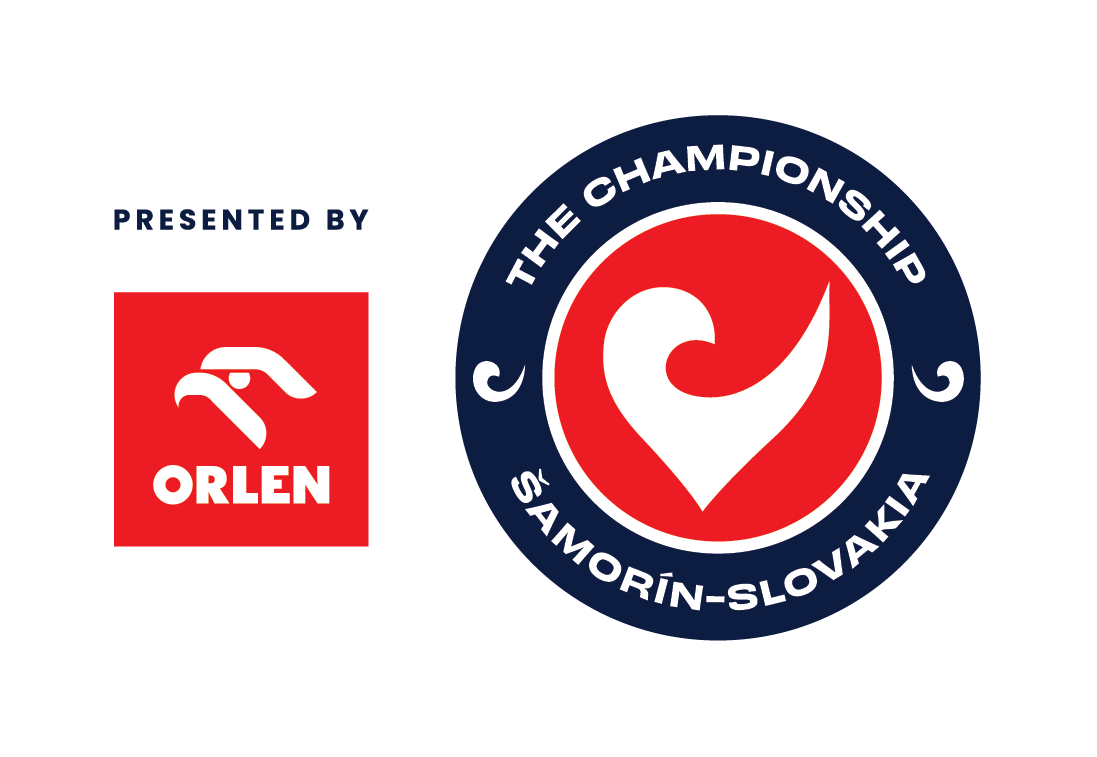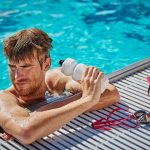British paratriathlete Andy Lewis has battled dyslexia, ADHD, depression and having his leg amputated to become a pilot and win the first ever Paralympic gold medal in Paratriathlon. He is the only British man to hold the triple crown: the European, World and Paralympic titles at the same time. Andy’s lifestory is masterclass in how grit and self-belief are the recipe for resilience and achieving goals. And with racing THECHAMPIONSHIP this year he is adding just another chapter to his extraordinary journey.
The accident
Written off by his teachers Andy left school in 1999 to join the Army, a dream that was dashed after his motorcycle crashed with a 38 tonne lorry. His right leg was severely damaged and after living with the pain for six years he made the difficult decision to have it amputated.
Learning to fly
Depression and an unhealthy lifestyle followed until a film about Douglas Bader inspired him to learn to fly. He was awarded a Disabled Flying Scholarship and went on to get his pilot’s license. This gave Andy a new sense of purpose and confidence. He took to the skies, flying to world war sites in Britain and France, sleeping under the aircraft wing.
Living with ADHD, anxiety and depression
Without any qualifications and his ADHD undiagnosed Andy found it hard to find meaningful work. He was eventually hired by Airbus to work on reception. Here his aptitude and work ethic was soon noticed. He was promoted through a series of jobs to a critical role in procurement.
Andy experienced high levels of stress and anxiety in the role which led to his ADHD diagnosis. He finally understood what had been holding him back and was able access proper treatment.
Life as a high performance athlete has put additional strain on his mental health and throughout his career he has experienced high levels of anxiety and depression.
Andy frequently talks in schools and to corporate audiences about his experience, encouraging children and adults to open up and take care of their mental health.
The road to the Paralympics
Andy dreamed of running but unable to afford the specialised prosthetic leg he returned to boxing, which he had done as a child. He trained as a coach and his passion for helping others enjoy sport was born.
The London 2012 Paralympic Games reignited Andy’s interest in running. This time he was determined.
With the help of the Airbus Andy bought a running leg and in 2013 a chance meeting with the Arctic One Foundation introduced him to triathlon. He immediately knew it was the sport for him but he couldn’t swim. Undeterred, and with funding from Arctic One, he learnt. Four months later became British Champion and in 2016 he was crowned European and World Champion. Paratriathlon debuted at the Rio 2016 Paralympic Games and Andy won the first ever gold medal.
Giving back
Following his win in Rio Andy was honoured by his local community and was awarded an MBE in the 2016 New Year’s Honours List.
Andy works tirelessly to share his love of triathlon.
He is an Ambassador for the Artic One Foundation, the charity that gave him his start in sport.
Andy champions the importance of sport for physical and mental well-being, as well as ensuring young people have the facilities and encouragement to participate.
Always willing to put his money where his mouth is, in 2018 Andy started It’s Fun to Tri a series of run, swim and bike camps and a mini triathlon in his local community. In 2019 he will expand Its Fun to Tri with sessions all over which South West England.
The future
At the beginning of August 2018 Andy received news that his discipline will not be included on the programme at the Tokyo 2020 Paralympic Games. Three months later the International Triathlon Union decided that PTS2 athletes like Andy will be eligible to compete in the PTS4 class. Andy has decided to attempt to make the team for the Tokyo 2020 Paralympic Games.
He will be racing against athletes with less of a physical impairment and will not receive any funding from UK Sport, making this one of Andy’s biggest challenges yet.
2019 will also see Andy compete in his first long distance triathlon, as well as continuing to visit schools, organise triathlon coaching and events for young people, expanding his work as an Arctic One ambassador and supporting UK Sports new Mental Health strategy.






